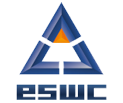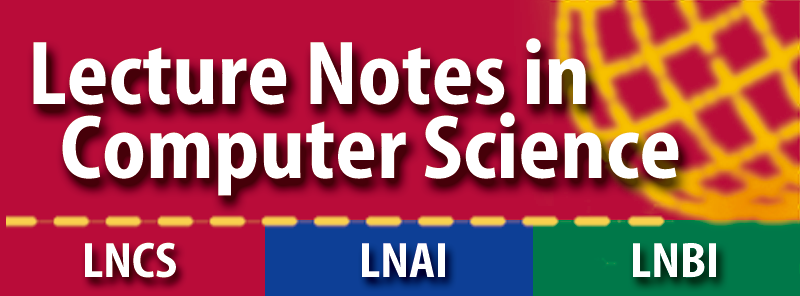Wikidata - Bonus Challenge
Motivation and Objectives
Wikidata is the largest free and open general purpose knowledge base in the world, collecting a wide variety of common and specialized knowledge in a machine-readable form. Wikimedia projects like Wikipedia make use of the data to enrich their articles. Anyone else is equally welcome to use the data in Wikidata to enrich their applications or do research, for example.
Over the past 3 years, Wikidata has grown rapidly and build a great community around structured knowledge. The purpose of this additional challenge is to explore ways of closing key gaps in Wikidata or between Wikidata and the Linked Data and Semantic Web community. First we offer a brief background on Wikidata and its current key gaps, then we outline how this relates to this year's set challenges.
Background
Wikidata already links to many other datasets but the mapping of existing concepts is not always complete. Connecting the entities in Wikidata with their respective entities in other datasets or Linked Datasets will bridge the gap between the Web of Data and Wikidata.
Wikidata still has key gaps in the existing data. One example could be that Wikidata describes a lot of heads of states but lacks information for a particular country for a range of 10 years. Another example could be a significant lack of provenance information for population data.
Wikidata can easily be complemented by adding new knowledge or provenance information. In order to make Wikidata more useful, these key gaps in the data need to be addressed. While doing so, it is important not to flood Wikidata with just any data - instead, we are looking to expand the knowledge base where it is the most useful.
There are different ways to access the data in Wikidata - in bulk or for individual entities. An overview can be found at https://www.wikidata.org/wiki/Wikidata:Data_access. The participants are free to use other datasets of their choosing but must make sure the result can be released under CC-0 on Wikidata.
Challenge
Rather than create a separate Wikidata challenge, we encourage where appropriate submissions to other ESWC2016 challenges to consider also exploring the Wikidata dataset as a vehicle to accomplish the corresponding task or exploring Wikidata's relationship with Linked Data tools, vocabularies and datasets.
We will reward thoughtful, innovative and practical submissions that make interesting steps towards bringing together the best of these different but related approaches to structured data on the Web.
Topics of concern (this is not an exclusive list)
- use of Wikidata as background knowledge
- use of Wikidata as training data
- creation of entity links to or from Wikidata
- enrichment of Wikidata with facts and/or references (this can also be achieved for knowledge created for other datasets via links to Wikidata)
Challenge submissions are judged based on making a particular contribution to bridging key gaps in Wikidata along the lines outlined above. The authors of the winning submission will be invited to one of Wikimedia’s next hackathons by Wikimedia Deutschland.
Submission process
Send an URL of a public page to (questions and requests for clarification etc. to the same address). Please also send a copy of any related paper submitted to the more formal ESWC challenges.
Judging
This bonus challenge will be judged by the jury listed below. Members of the jury who choose to participate in challenges will not be involved in the judging. During judging, members of the jury are expected to declare any collaborations, affiliations or other factors that could be interpreted as biasing their view.
Organization Committee:
- Lydia Pintscher, Wikimedia Deutschland
- Anja Jentzsch, Hasso Plattner Institute
Jury:
- Lydia Pintscher, Wikimedia Deutschland
- Anja Jentzsch, Hasso Plattner Institute
- Daniel Kinzler, Wikimedia Deutschland
- Denny Vrandečić, Google, Inc.
- Markus Krötzsch, TU Dresden
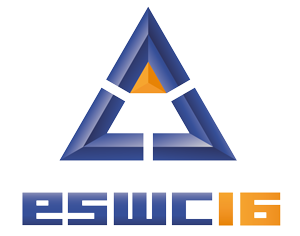
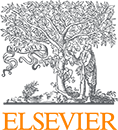

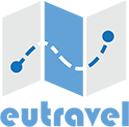
fdc0.png?itok=frdrz8IM)
